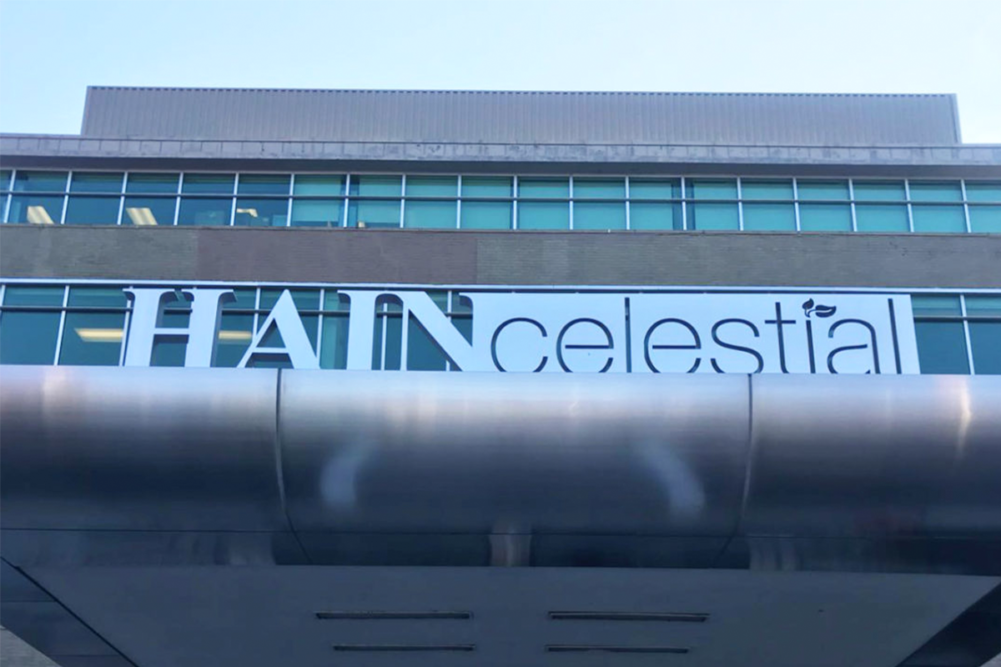LAKE SUCCESS, NY. – Changing a corporate go-to-market strategy is difficult. Doing so during a global pandemic makes it even more challenging. For the Hain Celestial Group, Inc., which launched its Hain 3.0 strategy in late September 2021, supply chain issues and labor shortages weighed on efforts to realign its business during the second quarter of fiscal 2022.
Items that affected earnings and sales during the quarter ranged from inflation and labor in the United States to Brexit and a spike in energy costs in Europe.
“We experienced significant increased energy costs in Europe, where prices in the quarter accelerated to as much as 10 times what they were last year,” said Mark L. Schiller, president and chief executive officer, during a Feb. 3 conference call with financial analysts. “Yes, you heard that correctly, 10 times. Imagine for a moment, the impact on the economy if everyone’s heating bill went from $200 a month last winter to $2,000 a month this winter. That’s what we faced in Europe during the back half of Q2.”
Hain Celestial’s net income for the quarter ended Dec. 31, 2021, was $31 million, equal to 33¢ per share on the common stock, and an improvement over the second quarter of fiscal 2021 when the company earned $2.1 million, or 2¢ per share.
Sales for the quarter fell to $477 million from $528 million the year before.
North America business unit sales fell 3% to $275 million when compared to the second quarter of fiscal 2021. Items affecting sales included foreign exchange, divestitures and discontinued brands, according to the company. North America operating income fell 16% during the quarter to $27.2 million.
“Net sales in the United States, our biggest market, were strong and continue to show material sequential improvement,” Mr. Schiller said. “Adjusted for divestitures, net sales in the United States were up 3.7% versus last year and 9.7% compared to the same quarter two years ago. Our US growth brands in snacks, tea, yogurt, baby and personal care categories, which make up 85% of sales at consumption growth of 14% versus last year and 22% versus two years ago.”
Mr. Schiller emphasized during the call that the company is challenged in Canada where the business is facing a difficult comparison with sanitizer sales during the pandemic and a slowdown in sales in the plant-based meat category.
International unit sales fell 18% to $202 million. Segment operating income during the quarter was $27.4 million compared with a loss of $2.7 million the year before.
“In International, adjusted net sales came in below a year ago as expected, driven by the overlap of customers stocking up last year in anticipation of Q3 Brexit disruptions and increased regulations on baby food imports in China,” Mr. Schiller said. “We expect both of those issues to continue into Q3 but have no long-term impact on our strategy and outlook. Relative to two years ago, our International net sales were up 8.5%.”
Mr. Schiller added that in the North America and International units the company is in the process of taking additional pricing in the second half of the year.
“Those increases will all become effective over the next 90 days,” he said. “In total, we will have taken more than $100 million of price increases this year.”
Hain Celestial updated its full-year guidance and management now expects adjusted net sales growth to be in the low single digits and EBITDA to be flat compared to the previous year.
“While we expect solid growth on the topline and strong pricing and productivity, those gains are being offset by inflation and continued external industry-wide supply chain disruptions and labor challenges,” Mr. Schiller said. “While we anticipate that many of those costs will go away over time, we've lowered our EBITDA guidance for the year to reflect those realities.”





